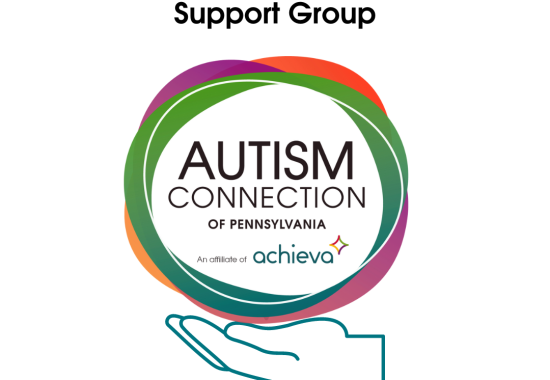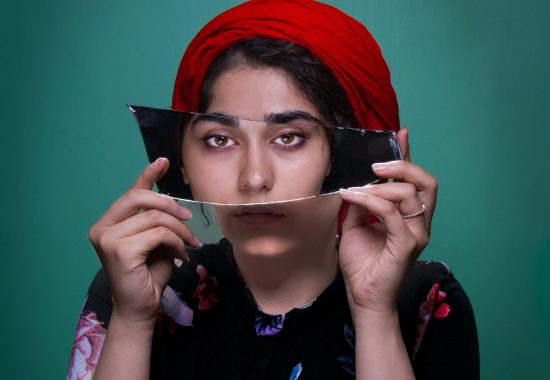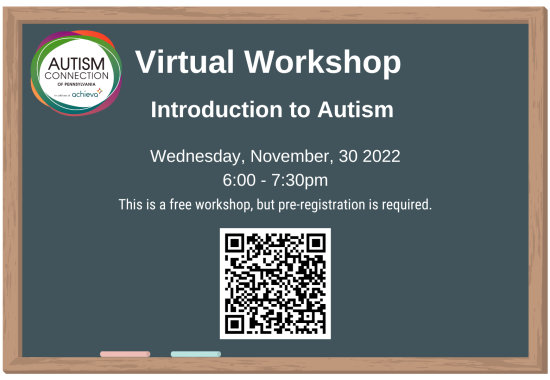Virtual support group meeting for adults diagnosed on the autism spectrum later in life. This meeting is open to people who believe they are autistic, and don’t know where to turn for help.
Tag: Late Autism Diagnosis
Late Diagnosis Autism Support Group Meeting
Virtual support group meeting for adults diagnosed on the autism spectrum later in life. This meeting is open to people who believe they are autistic, and don’t know where to turn for help.
Is That All You Got?
We learn a lot from individual histories and situations thanks to people trusting us with their personal stories and advocacy needs. Over the years, some situations have revealed that an additional medical or psychological diagnosis, or both (often a psych diagnosis is rooted in medical issues) may be the real culprits causing someone’s suffering. Autism is not the only difference a person can have, and we need to look closely at ourselves, and the people we care about. We also need to help others see folks for the complex and interesting beings that they truly are.
Imagine someone diagnosed with Type I, or juvenile diabetes, at age 12, and for the rest of their life all issues were attributed to that. Headaches? It’s the diabetes. Vision issues? It’s the diabetes. Fatigue and nausea? – you get the picture. And what if those symptoms were coming from treatable migraines but never prevented or resolved by regular migraine treatment? A person might – and many do – suffer for decades if they are only seen as having one issue as the cause of everything wrong, while something else is going on. They have more than “one thing” and need to be treated as such.
We support three unrelated people who each have experienced: job loss, eviction, academic punishment and expulsion, legal issues, getting lost during travel, and social problems. All three have an autism diagnosis, and all three had been in car accidents from four years to decades ago! Once we started to say, “This does not seem like your autism,” and started referring them to traumatic brain injury (TBI) evaluations and treatment programs, many of their emotional burdens fell away.
They felt the same feelings of being different and not being able to move forward that many undiagnosed autistic adults feel. The additional, correct diagnosis of traumatic brain injury has resulted in feelings of relief, being finally understood, and belonging to a new support community. Are they still autistic? Yes! Can they be helped by a couple of different specialists? Also, yes. Combined therapies are doing great things!
We are all many “things” at once. Lazy, hungry, and curious, a chef, Netflix watcher, and a bookworm, a housecleaner, gamer, and a guardian, even a cat AND a dog lover! We can also be autistic and hypoglycemic, nearsighted and have tinnitus, or have anxiety and joint issues. Each of us exists in combinations of gifts, needs, strengths, interests, and biological differences. So please consider another look at yourself or someone you care about.
If things are not getting better, or they are worsening, or something has been bothering you for a long time and you keep putting off a checkup — trust your instincts! Get and go to a doctor’s appointment. Contact us to talk things over — we know cross-disability professional friends, and can sometimes help with specialist medical referrals. Hopefully we can get you to a new “right place” to meet your needs. Let’s take a clear look at ourselves in this new year, together and with the tailored support each one of us deserves.
Introduction to Autism
Getting any new diagnosis comes with the need to understand it. Learn the basics about autism, and get some take-home tips, from people who understand and have worked in this field for 20+ years.
We will explain the details about autism and how brain differences help shape personality, likes, dislikes, fears, eating, sleeping, the senses, and communication. Please come and ask your questions, meet others with similar concerns and learn what to do at home and in the community!
This is a free workshop, but registration is required.



